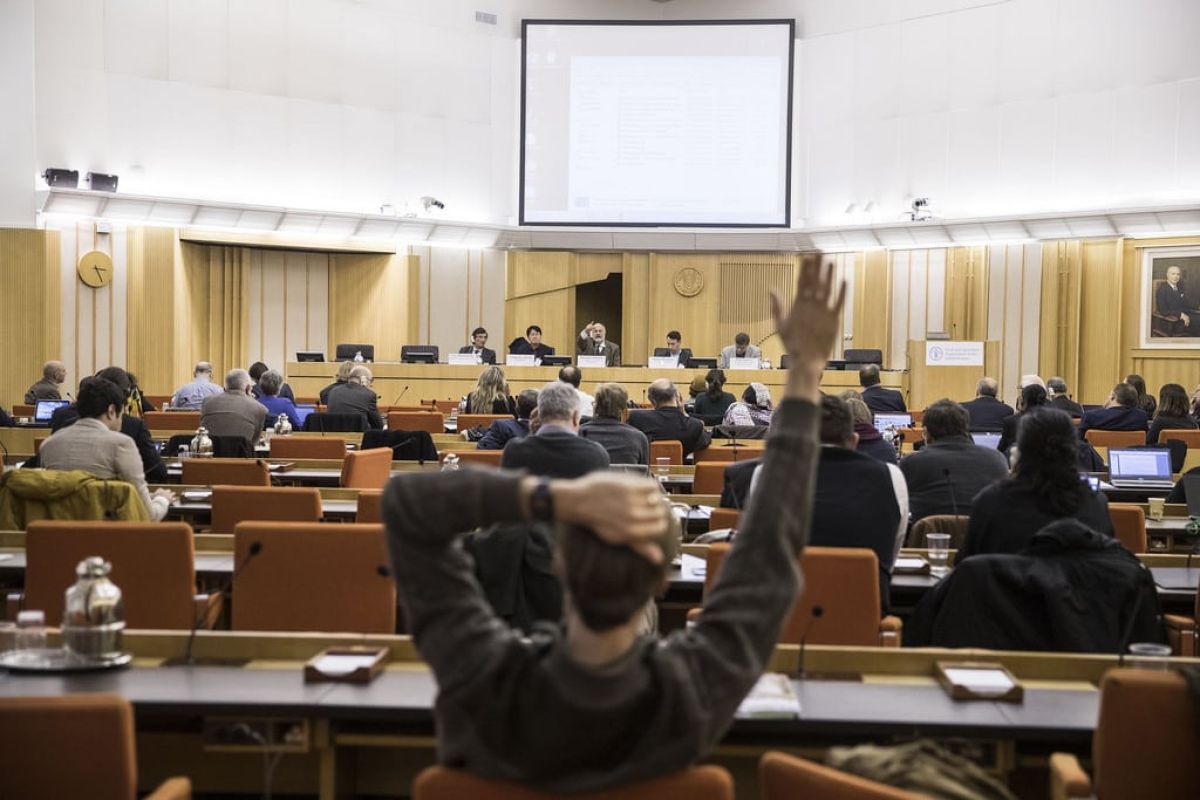12 years to prevent climate catastrophe
By Tom Allen

Leading climate scientists and government figureheads from across the globe have met in South Korea this week to scrutinise a 15-page report advising policymakers on global increases in temperature.
The report, produced by the Intergovernmental Panel on Climate Change (IPCC), summarises the scientific and socioeconomic challenges faced in keeping the post-industrialisation global temperature increase below 1.5°C as outlined in the 2016 Paris Agreement.
Established 30 years ago on behalf of the United Nations, the IPCC’s directive is to provide clear and unbiased scientific information regarding current and future climate projections, as well as providing potential pathways, which could be used to reduce the current levels of global warming. Scientists from 195 member states provide voluntary contributions to the IPCC, which doesn’t carry out its own research but instead acts as a vast peer-review system of already published scientific data.
Since 1880, average global surface temperatures have risen by 0.85°C as a result of anthropogenic activities. Thermal expansion of seawater and melting polar ice caps have contributed to rising sea levels, a growing concern for low-lying island nations. Should current levels of global warming persist, it is expected that the Maldives will be entirely uninhabitable by 2100.
Unless “unprecedented changes” are made to our current rates and methods of consumption, the planet is set to exceed the 1.5°C target as soon as 2030 according to data published in the report. Falling well within the lifespan of many people alive today, the finding would necessitate a 45% reduction in CO2 emissions by 2030 in order to halt the rate of warming to below 1.5°C.
Carbon capture techniques, which result in effective ‘negative emissions’, are set to become a growing avenue of consideration in climate research. Bio-energy with Carbon Capture and Storage (BECCS) uses energy produced from the combustion of biomass to fuel the injection of atmospheric greenhouse gases into geological structures. Although CO2 is released in the burning of biomass, there is no net-output, as roughly the same amount is absorbed from the atmosphere during its growth. Although frequently mentioned as a potential pathway to stay within the Paris Agreement target, BECCS is still largely theoretical and is yet to be instated on any industrial scale.
According to a 2018 YouGov poll, only a mere 6% of Britons felt that protecting the environment was one of the most important two issues facing the country today. Whilst more immediate concerns such as immigration found themselves topping the list, elsewhere in the world climate concerns are beginning to take centre stage. In countries that lie closer to sea level, climate change and rising sea levels are of a much greater concern, with places such as Vietnam seeing nearly half of the population commonly listing it as their main concern for the country. This is unsurprising as the majority of the country’s rice is grown along the Mekong Delta region where sea level rise and an increase in salt water concentration is hampering crop growth. If no changes are made by 2050, up to 1 million people may face critical food shortages.
The IPCC suffered a drastic blow last year following the decision by US president Donald Trump to withdraw all funding contributions made to the convention, which previously accounted for a staggering two-fifths of their total income. Trump also severed ties with the Paris Agreement, stating that the rationale of their policy was not conducive with his ‘America First’ pledge and would have a negative impact on the US economy. In 2016, the USA was the second highest emitter of fossil fuels in the world.
The report will be the main source of discussion at the Katowice Climate Change Conference (COP24) in Poland later this year. Members of the United Nations Framework Convention on Climate Change (UNFCC) will be looking to analyse and implement the findings in line with the Paris Agreement.







